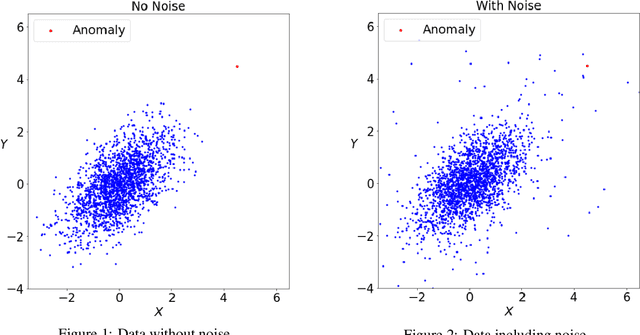Mohammad Braei
Anomaly Detection in Univariate Time-series: A Survey on the State-of-the-Art
Apr 01, 2020



Abstract:Anomaly detection for time-series data has been an important research field for a long time. Seminal work on anomaly detection methods has been focussing on statistical approaches. In recent years an increasing number of machine learning algorithms have been developed to detect anomalies on time-series. Subsequently, researchers tried to improve these techniques using (deep) neural networks. In the light of the increasing number of anomaly detection methods, the body of research lacks a broad comparative evaluation of statistical, machine learning and deep learning methods. This paper studies 20 univariate anomaly detection methods from the all three categories. The evaluation is conducted on publicly available datasets, which serve as benchmarks for time-series anomaly detection. By analyzing the accuracy of each method as well as the computation time of the algorithms, we provide a thorough insight about the performance of these anomaly detection approaches, alongside some general notion of which method is suited for a certain type of data.
 Add to Chrome
Add to Chrome Add to Firefox
Add to Firefox Add to Edge
Add to Edge